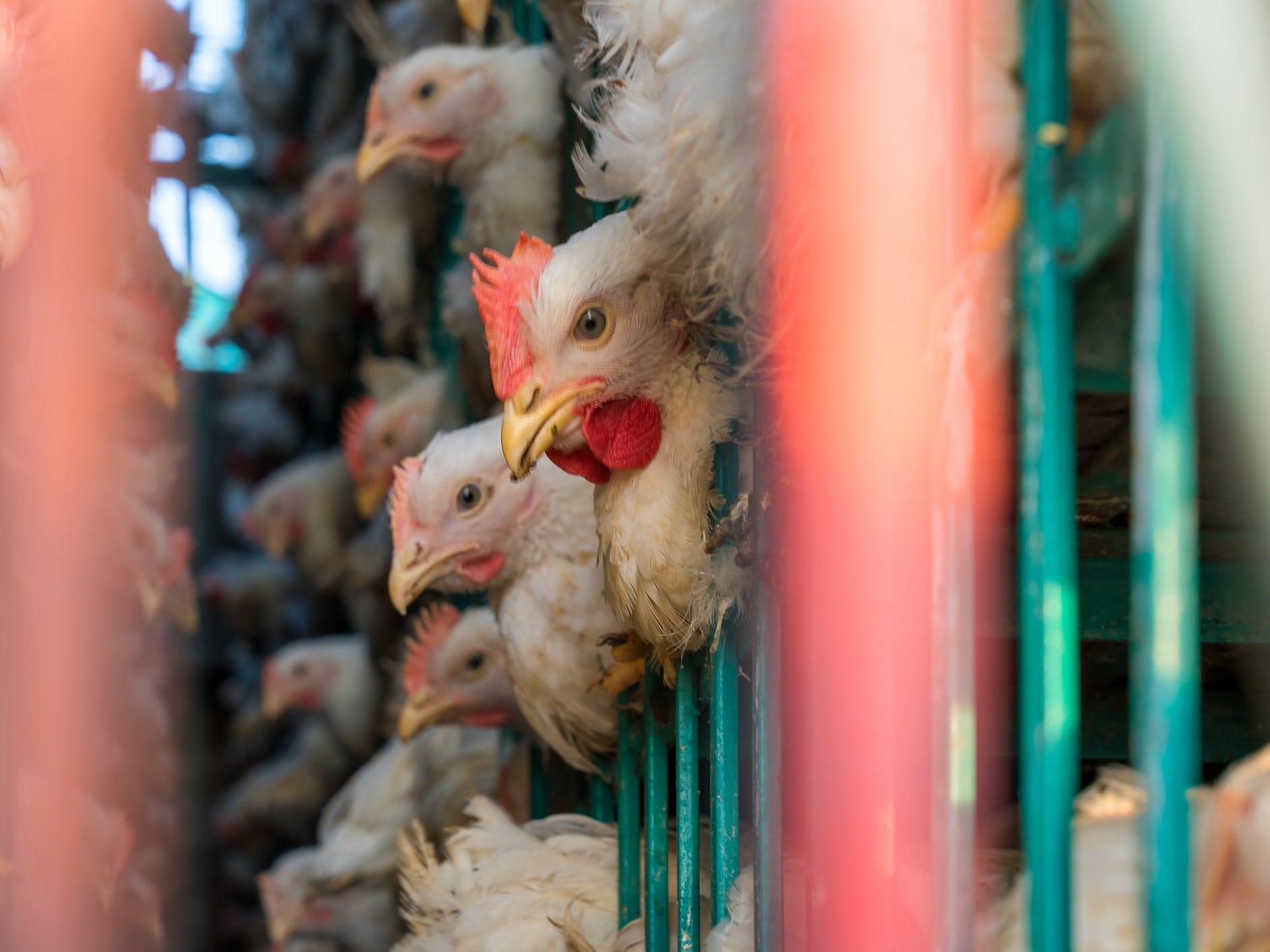The state of New York has taken swift action to address a detected outbreak of avian influenza, commonly known as bird flu, by ordering the temporary closure of live poultry markets in urban and suburban areas. The weeklong shutdown affects New York City, its suburban counties such as Westchester, and parts of Long Island, following the identification of seven bird flu cases during routine inspections at live markets in the region.
Governor Kathy Hochul, who announced the decision, pointed out that this is a vital step to prevent the spread of the disease and mitigate its impact on broader public health as well as the poultry industry. She also underscored that residents face no immediate health risks from the detected cases but acknowledged the potential for more significant repercussions if the virus were to spread uncontrollably.
The measures come as part of a broader national effort to curtail the spread of bird flu, which has already resulted in large-scale disruptions in the poultry industry across the United States. Avian influenza outbreaks in the past have led to the culling of millions of poultry birds to contain the disease, pushing up food prices and destabilizing local economies. This latest New York outbreak could represent a continuation of this concerning pattern.
Routine Inspections Yield Crucial Findings
The outbreak was detected at live poultry markets located in some of New York City’s boroughs, including Brooklyn, the Bronx, and Queens. Testing revealed the presence of highly contagious strains of avian flu in designated animal cages and handling zones. Officials responded with the immediate closure of affected markets to limit further exposure and instructed thorough disinfection and sanitation of the facilities.
The areas impacted by the closing order are home to over 80 live poultry markets, which serve as critical points of sale for fresh chicken, ducks, and other birds, particularly for immigrant communities that prefer freshly butchered products. The shutdown will undoubtedly disrupt daily operations for these vendors and producers, raising questions about supply chain readiness and the availability of bird-based food products during the closure period.
Broader Implications for Public Health and Industry
As the global poultry industry and epidemiologists monitor the outbreak, concerns are mounting about avian flu’s potential leap to humans, albeit rare in its present form. Experts stress that public vigilance and prompt governmental action in such scenarios are crucial since avian flu strains have historically posed threats, such as the H5N1 and more recent H7N9 strains, which have been associated with human fatalities in earlier outbreaks.
Another pressing challenge is the cumulative effect of avian flu on the poultry supply chain. Nationwide, recurring outbreaks in commercial farms, live markets, and small-scale household poultry stocks have forced the mass slaughter of birds, resulting in tighter supply and escalating costs for consumers. In view of holiday seasons and religious festivals, the market closure may exacerbate some of these challenges on a local scale.
Community Responses and Next Steps
The sudden move to close all live poultry markets has sparked apprehension among affected business owners and the communities that rely on their services. At the same time, city and state officials are organizing outreach programs and consultations with affected market operators to provide guidance about complying with safety guidelines and reopening protocols.
Veterinary health experts recommend heightened vigilance after the markets reopen to ensure markets meet standards requiring secure transport, cages, and sanitation practices. Authorities additionally aim to monitor wild bird populations to track any significant surge in flu cases that could impact local poultry.
In the coming days, routine updates will be issued by the New York Department of Agriculture and Markets along with the city’s Department of Health. These updates will contain important information about reopening procedures, additional safety measures, and the scope of the outbreak investigation.
In the meantime, health advocates are urging the general public to remain informed about avian influenza and to report sick or dead wild birds to local authorities. State officials further reiterate that cooking poultry to an internal temperature of 165 degrees Fahrenheit effectively kills the bird flu virus, ensuring that poultry remains safe to consume when properly prepared.
The full dimensions of the bird flu outbreak and its implications for human and animal health are still unfolding. However, this decisive, pre-emptive step reflects the authorities’ determination to contain the disease before it can adversely affect communities and supply chains throughout the state.



